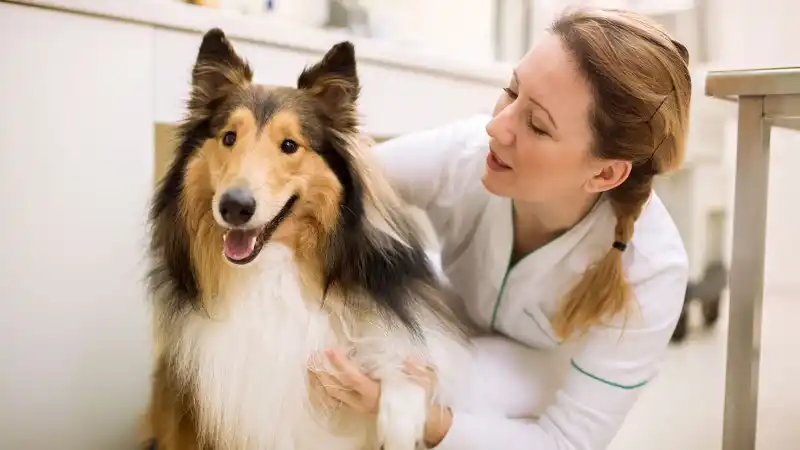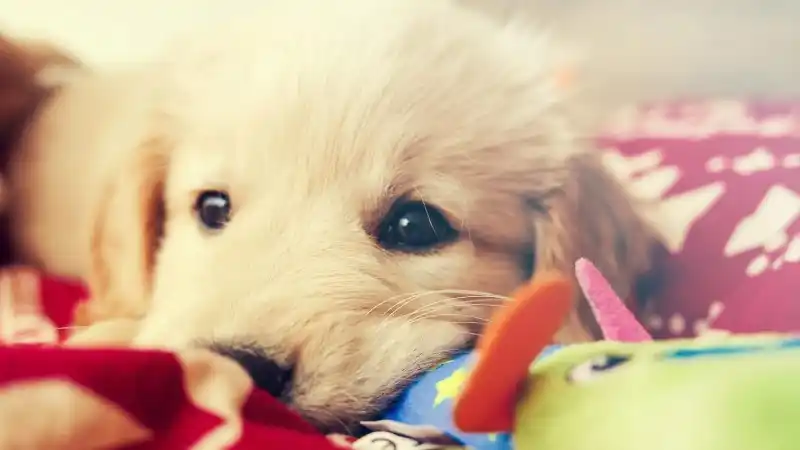Five Ways to Be Your Dog's Advocate
Your dog relies on you to make decisions that serve his best interest. Here are a few ways you can be your dog's advocate to ensure he is happy and healthy!
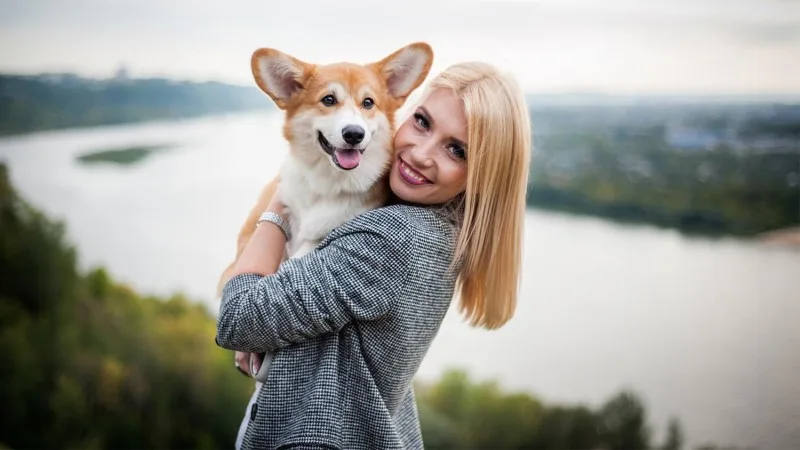
You love your dog so much! He communicates mostly with gestures, so it’s up to you to be his advocate and set him up for success. Read on for a few ways to keep his stress and arousal levels down to keep him safe and happy.
Be ok saying “no” to greetings.
Whether you are on a walk, hiking, in dog training class, or shopping at the hardware store, it’s acceptable to kindly decline when someone asks to pet your dog or to have her dog meet yours. Perhaps your dog is nervous and you see his ears are back and his posture is crouched. Maybe your dog is overexcited and bouncing like popcorn – this means he likely will not be able to keep all four paws on the floor during petting; thus, you’d be setting him for a bobble. Whether you are simply in a hurry, are out of training treats, or see a situation that is too challenging for your dog – such as multiple humans approaching to say hello – it’s always ok to say, “No, thanks!” If you want to provide an explanation, you could say, “Not today - we’re training.”
Know when to leave early.
You love taking your dog to festivals, dog training classes, parks, picnics, and friends’ houses. What do you do when your dog is no longer able to focus, is overwhelmed, acts restless, or is seemingly hyper? Hyper is often a sign of fatigue, similar to the behavior of an overtired, giggly, and over-emotional child at midnight at a slumber party! Leave the setting to give your dog a break and next time plan on staying for a shorter period of time. Ideally, you would leave before your dog has a chance to become drained or nervous. Always be prepared to leave when your dog is mentally done or when the environment becomes too difficult. This may mean you drive your own car instead of carpooling to events.
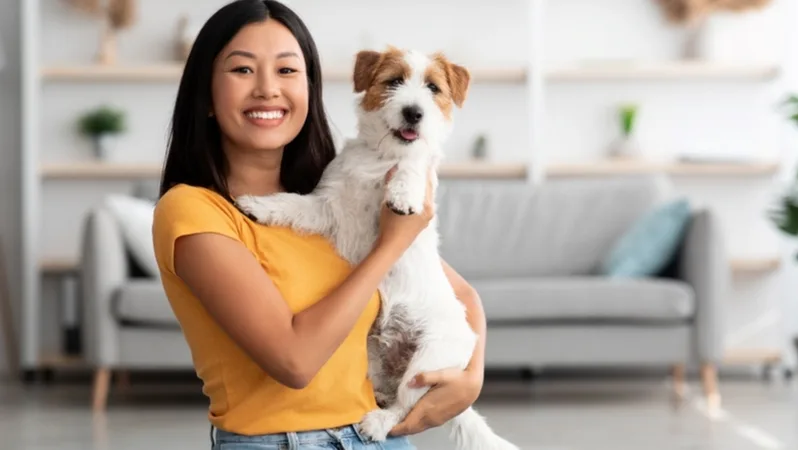
Every Dog and Cat Deserves the Pet Insurance of Champions
Get prize-winning care for your pets.
Maintain comfort in the crate.
Resist the urge to get rid of your dog’s crate or put it in storage after your dog has passed potty training and puppy chewing phases. Instead, continue to maintain positive associations with the crate by occasionally giving your dog a delicious, food-stuffed toy in the crate or rewarding him with a few pieces of kibble when he chooses his crate for an open-door nap. Continue to keep him acclimated to the crate by crating him at least one or twice a week when you run an errand, such as grocery shopping, or while you fold laundry.
The crate will continue to mean he’s in a safe spot to curl up and take a nap. Having a crate trained dog will give you more flexibility for traveling when you may need to crate your dog in a hotel room or when your dog needs to be confined for an unexpected vet procedure or diagnostic test. If your dog is accustomed with being kenneled, you can avoid creating additional anxiety.
Train for separation.
Being apart from owners is challenging for many dogs, even if it’s just for a few minutes. Some dogs need more training on being separated by a baby gate or door even if their owners are still in the same building. If your dog isn’t quite prepared for separation from you or suffers from separation anxiety, he may become vocal, destructive, and/or frantic. Sometime during your pup’s life, he will need to leave your side for a veterinary test, such as a radiograph, or need to be left with a trusted pet sitter or at a boarding facility.
Start practicing this separation as soon as possible. Drop your dog off at doggy day care at the facility where you may do overnight boarding, so your dog associates the facility with fun and knows you are coming back. Ask your friends to keep your dog at their home briefly while you run an errand. Practice doing some dishes while your dog watches you through a baby gate or crate from an adjacent room – toss some kibble to him when he’s quiet and relaxed! Separation training is such an important life skill that it’s even one of the tested items – for a period of three minutes – on the distinguished AKC Canine Good Citizen test.
Choose pet insurance.
Enrolling your dog in a pet insurance policy can be one of the most important decisions you make for your pup. Accidents and serious illness can happen at any time, and pet owners without pet insurance can find themselves making some tough decisions on how much treatment they can afford. Let pet insurance take that worry away so you can focus your time on helping your pup heal for your next adventure together! Knowing that you and your dog are prepared for what life throws at you will put you both at ease.

Every Dog and Cat Deserves the Pet Insurance of Champions
Get prize-winning care for your pets.
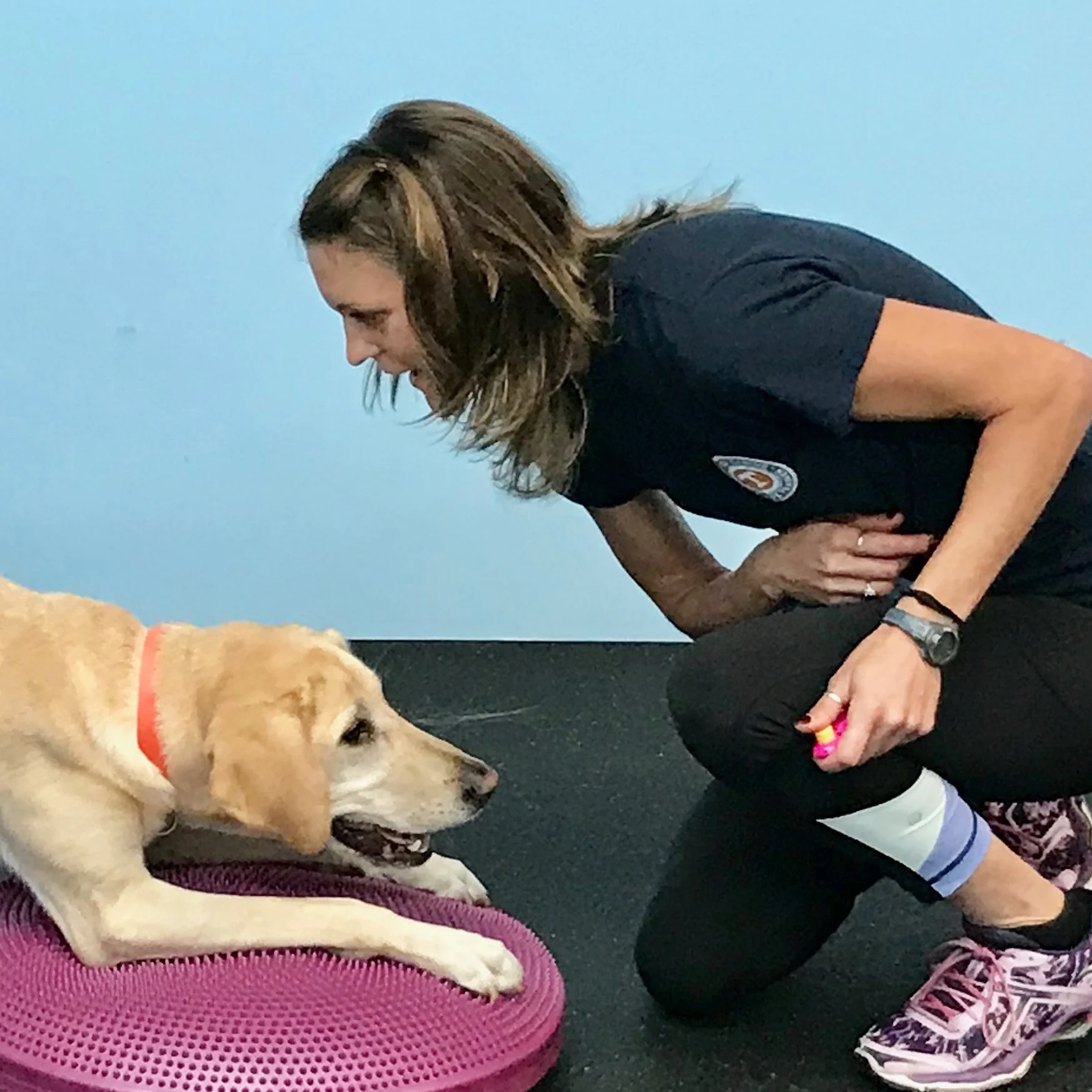
Jasey Day holds the Certified Canine Fitness Trainer (CCFT) credential through the University of Tennessee. She is a member of the Bobbie Lyons K9FITteam - a team of compassionate canine fitness instructors who actively teach others and continually expand their own knowledge. Since 2004, Jasey has taught a variety of workshops and classes on the following: Puppy, Canine Good Citizen/Family Pet, Advanced Family Pet, Canine Fitness, Canine Swimming, Rally, and Agility. In addition, Jasey has earned over 60 titles in Dock Diving, Agility, Rally, CGC and Trick Dog. Jasey has worked full time for the American Kennel Club since 2007 and teaches at Care First Animal Hospital in Raleigh, NC. Jasey’s Labrador Retrievers spend their free time hiking, training, and snuggling with Jasey.
READ MORE ARTICLES
